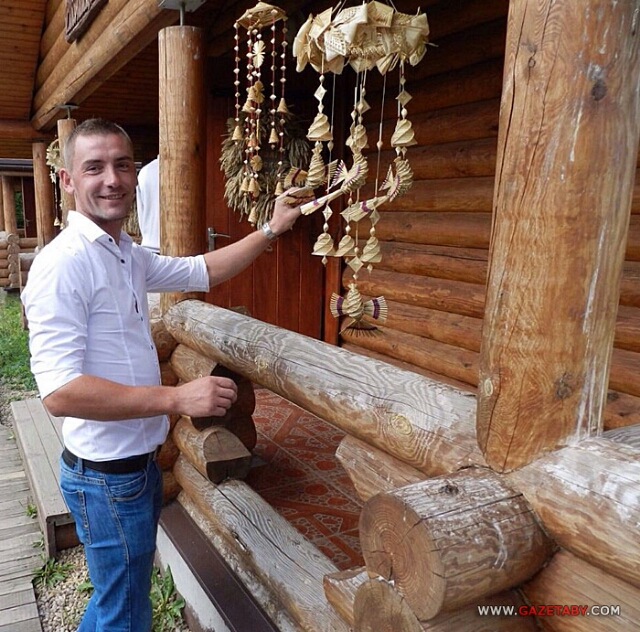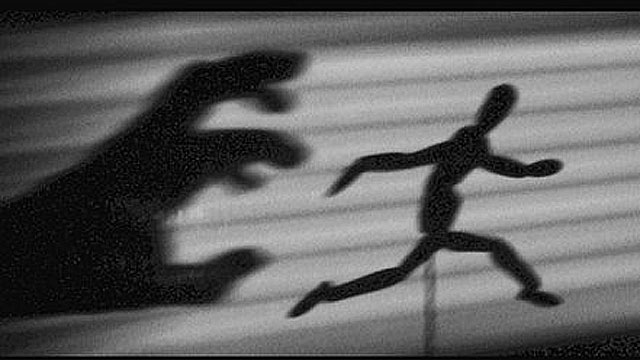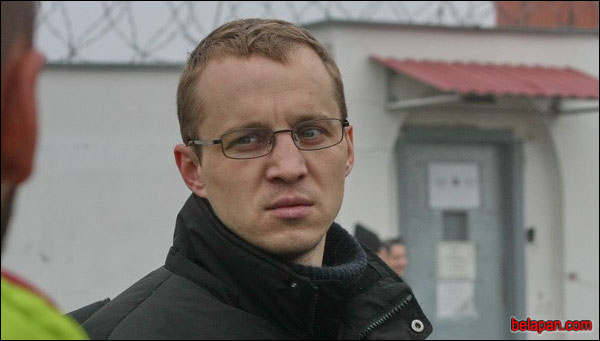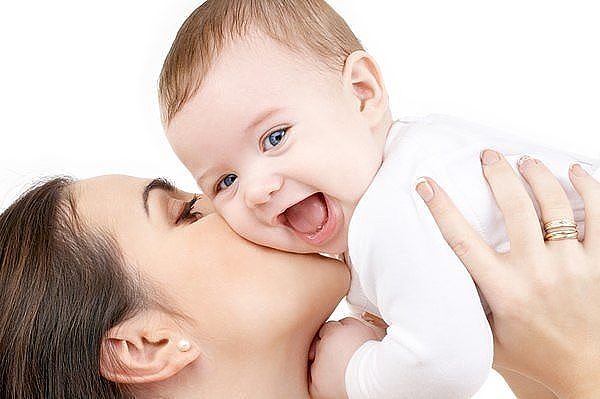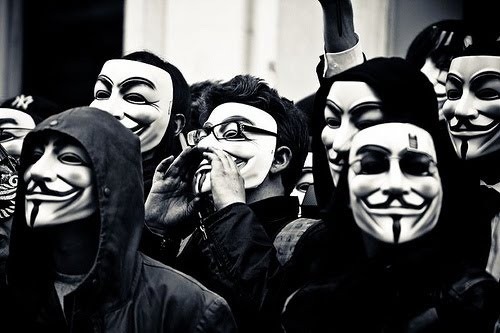
Emigration: a tough choice for LGBT-people. LGBT-news from Belarus, Russia, Ukraine, May — 2017, №4
To stay in Belarus or to leave the country — a tough choice for Belarusian gays. To ignore human rights activists or to file a suit against them — a difficult alternative for Russian officials. To laugh at LGBT people or to understand and accept them — a hard decision for Ukrainian spectators. LGBTQ news, May 2017 #4
Belarus is the first country on the territory of the former USSR where a gay and lesbian demonstration took place in 2001, but so far there is no a single LGBT-registered organization here. Belarusians are believed to be the most tolerant in the post-Soviet area, however, in terms of intolerance to LGBT people they leave behind only Armenia, Azerbaijan and Russia. Belarusian gays have only two options: either to «get out of the country» or «to go with the flow.» More about the life of gays in Belarus here.
Belarusian basketball player Tatyana Likhtarovich and her girlfriend Keisha Harry, a player from the Hungarian «Miskolc», posted on Facebook a reverent video about their relationship. According to the caption for the video, the girls have been together for six months already.
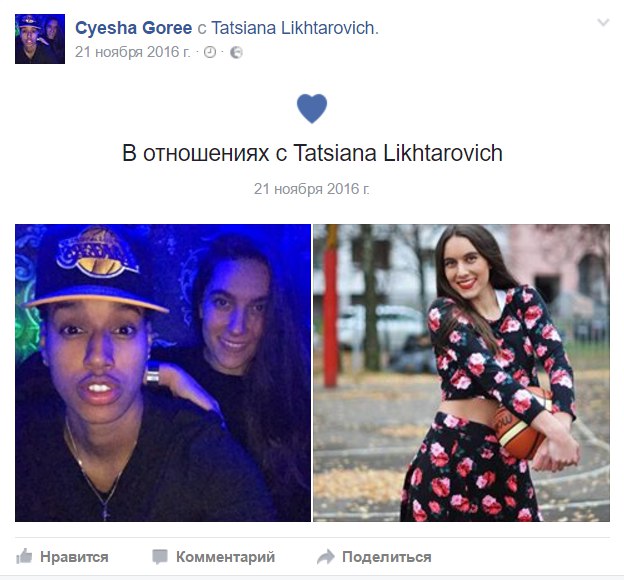
Human Rights Watch (HRW) published a report on Anti-Gay Purge in Chechnya. It is based on first-hand interviews with victims of the campaign against gay men that Chechnya’s law enforcement and security officials conducted in spring, 2017.
According to HRW, the Speaker of the Chechen Parliament Magomed Daudov played a key role in the campaign. In his Instagram, Daudov denied both the charge of persecution and the fact of the existence of gays in the region, he threatened to sue for «cheap libel».
The parliament of Chechnya also «doesn’t give a toss» about the report of HRW.
«It’s not a serious matter to discuss it, the journalists write anything they like, and if to react on everything… We don’t give a toss about what some European corrupt media write,» said Delimkhan Dzhamaldinov, the representative of the parliament’s secretariat.
Earlier, Ombudsman Tatyana Moskalkova announced her personal readiness to go to Chechnya to verify the data provided by human rights activists.
As provided by the Russian LGBT Network, 40 out of 80 homosexuals who had applied for help, were evacuated from the region, nine of them — beyond the Russian borders.
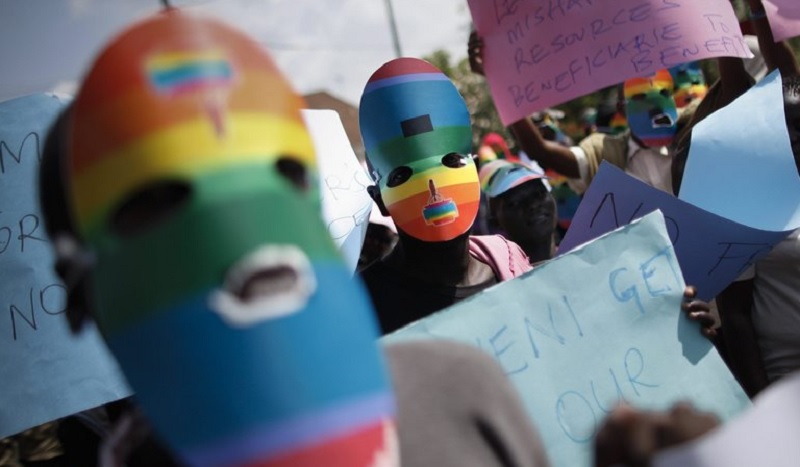
Zakhar Prilepin, one of the most published contemporary Russian writers and well-known homophobic, unexpectedly stood up for the gays of the Caucasus — in his own way.
On the meeting in St. Petersburg, he answered the audience’s question about «secret prisons» for gays: «I am also worried about gays, but there are things that are catastrophic: people are burning alive!»
Later, in an essay «Be Russian, be Kind» Prilerin reminded that «Yesenin’s [a famous Russian poet] two closest friends, the shame of it, were Jews, and one Ivnev was a gay. Yesenin only chuckled kindly at this, and didn’t kick him away». «Do you understand what I mean?» — asked the writer.
The Russian deputy Vitaly Milonov confessed his secret desire to establish an anonymous Telegram-channel called «Mr. homophobic». In the meantime, the State Duma Commission on Ethics drew attention to the statements and behavior of the politician. This is the reaction for his actions during the May Day procession, when Milonov initiated a conflict with LGBT participants. The commission «will specify» the deputy «on inadmissibility of such kind of behavior.»
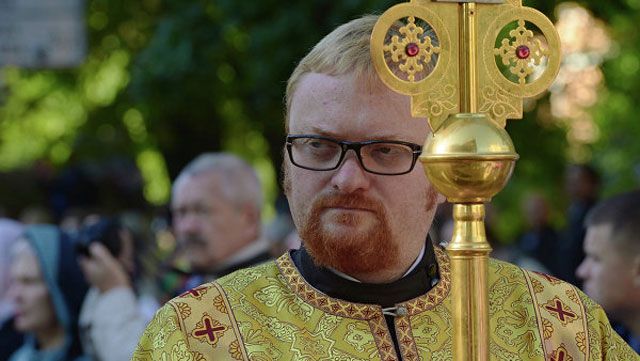
In Rivne, Ukraine, a popular play «He is my sister» by Vitaly Malakhov was performed to the audience. It is about the friendship of the retired military man, who is fighting the stroke (Anatoly Khostikoyev is acting), and the transgender woman (Vladimir Goryansky).
Khostikoyev said that «they (homosexual, bisexual and transgender people) have always been, but disguised», and people did not know how to treat them before.
«Now everything is different. … How can you say:»Do not to love someone of yours kind? «Everyone has the right for happiness.» I think, I understand them now», —Khostikoyev said.
In Mariupol, Ukraine, the Festival of Equality for vulnerable social groups was held. The program of the festival included exhibitions, lectures and discussions touching on the problems of homophobia, transphobia, gender inequality, domestic violence, short films, self-defense, concert and party. The event gathered about a hundred participants.

